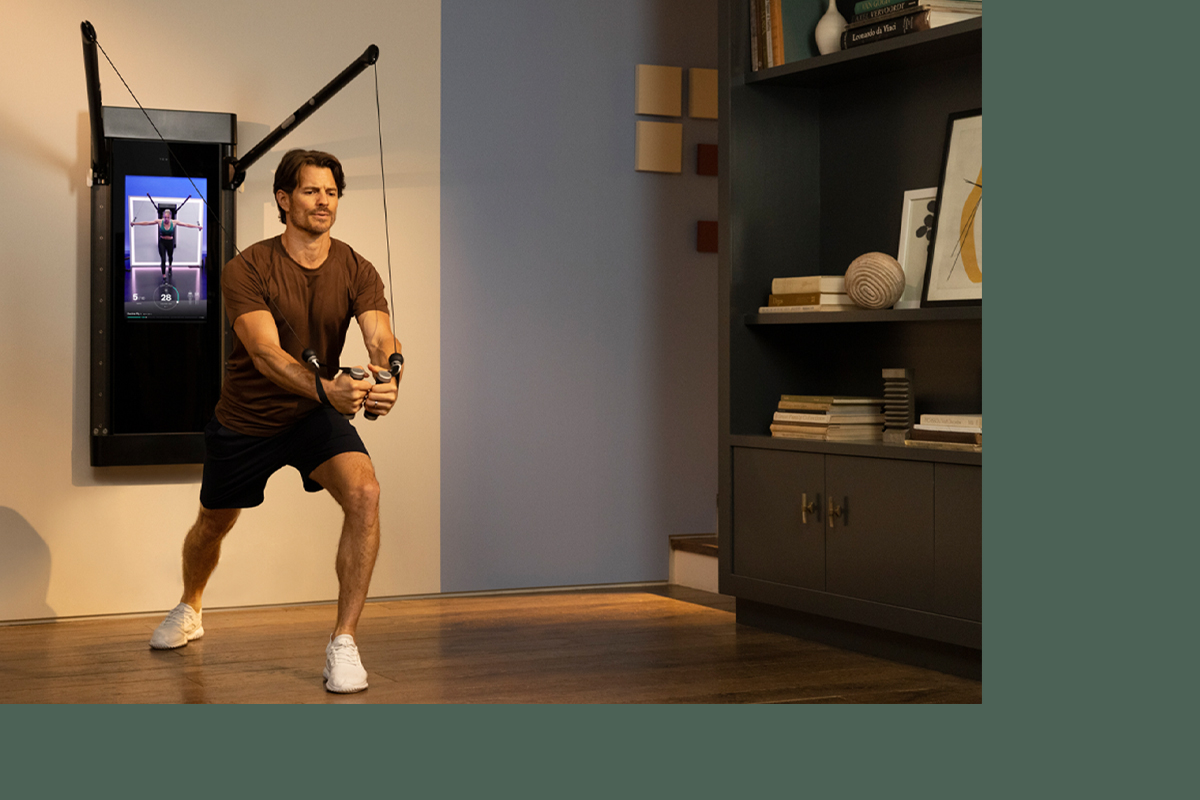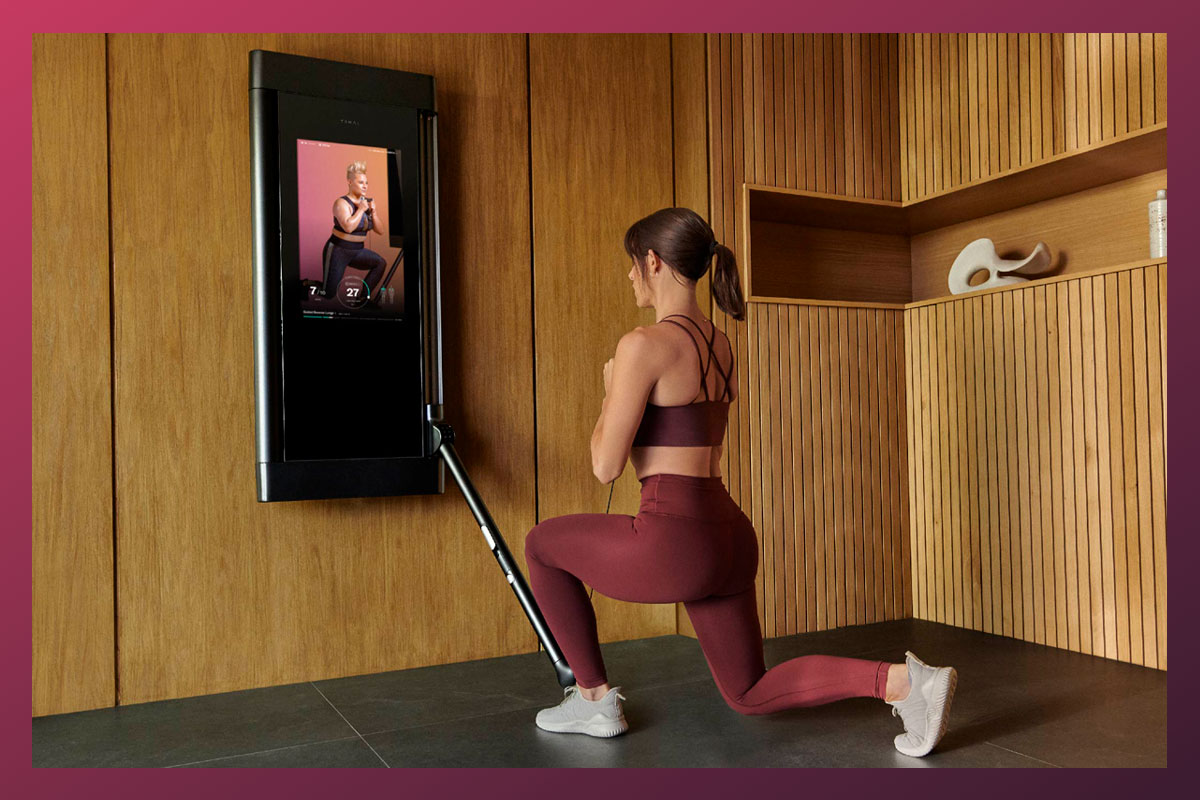The former professional football player shares how the lessons he learned on the field are woven into the fabric of his daily life.

Na’il Benjamin is a former athlete turned litigator. Although he no longer plays professional football, sportsmanship is still a big part of his life. He shares how the lessons he learned on the field are woven into the fabric of his day and how we could all benefit from harnessing an athlete mindset from time to time.
What inspired you to make the transition from football to law?
At some point after college, I wanted to be an attorney. It was just a matter of figuring out when that hour would strike. My goal, coming out of high school as a recruited athlete, was to choose an institution with an academic reputation. So I played throughout college and chased some football dreams for a few years after college. Then, I worked at a Fortune 500 company, but decided it was the right time to start law school when things changed in the tech sector.
So the law was always your real passion?
I was most passionate about being a litigator. It’s interesting, exciting, and can hold my attention at a level that’s suitable to my competitive spirit. I call it the sport of litigation, because it speaks to how much I enjoy advocating for my clients.
Does your experience as an athlete ever come into play as a litigator?
It’s interesting because the game is played on the field, but in many respects, it’s won in the film room. That’s where you spend your time preparing and reviewing what you do and improving your understanding of the opponent and their weaknesses. That’s exactly what you do as a trial attorney.
When former collegiate athletes are lawyers on the other side of my cases, that’s always exciting. Like me, they can appreciate looking at things from a certain vantage point. We get away from the gamesmanship and wordplay and get to the real substance of things. I think that’s a unique experience compared to working with many folks who don’t have that background — where it can be more challenging to cut through the mess and get to the heart of a case.

That sounds a lot like sportsmanship.
Big time. There’s a lot we can all benefit from by adopting a sportsmanship-like attitude when dealing with each other. Those of us that have played sports appreciate there are certain rules of engagement. At the end of the day, you want to be able to shake your opponent’s hand and say good game. So if you treat people with disrespect and with the intent of taking advantage, it’s going to be hard to do that.
How do you fit movement into your busy life?
It didn’t always fit into my day. I’m coming from being over 240 pounds, having not exercised much at all, and eating very poorly, because I kept very long work hours. So, it wasn’t always at the level of priority that it should have been. And by the way, this is the second or third time that I was hovering around that weight. I’d get it down and then say I’ll never let this happen again. In 2019, I decided to commit to making movement part of my life and let my natural inclination to exercise and excitement over building muscle grow again.
When the pandemic hit, it became a no-brainer to purchase a Tonal and a Peloton at a time when these would be things that could benefit my whole family and help us move towards a healthier lifestyle at home.
How has Tonal supported your commitment to movement?
I live in a gated golf club, so I would ride an outdoor bike and then go to the gym. When the pandemic hit, I created a Zoom group with some of my friends from college and a trainer. We would do bootcamp for an hour about two to three times a week.
However, the combination of gyms being closed and my body getting used to bootcamp, made me realize I needed something more intense to take my exercise to the next level. I started doing research and learned about Tonal, and my desire to invest in one followed.
I think the community experience takes it to the next level, and it’s a distinguishing feature that I’ve noticed a lot of people enjoy. It wasn’t a driver for me initially. Partly because I still had an old-school-gym mentality and was more focused on the idea of having gym equipment, especially for resistance training. But I have to say, the leaderboards and the groups we have on Facebook, and the ability to do workouts together, all of that takes it to another level.
As a former athlete, you’ve seen the benefit of team and community first-hand. Has that element of Tonal made it easier to maintain the commitment you made to yourself?
I think it’s the combination of both things. The first part is your commitment and motivation. The second part is the community we have and everything that comes from that. The Tonal community challenges, having each other for accountability, having people focused on the same stuff, and the ability to connect and share what you’re doing helps. All of that adds deeper roots to your exercise commitment process and helps you maintain consistency, which is really the biggest issue that many people have, especially busy professionals.
Community helps strengthen and deepen your ability to maintain consistency and keep your routine when you run into hurdles.
With sport, the courtroom, and almost everything in life, you can’t always predict what will be thrown at you. What are your go-to strategies in those moments?
Life is full of curveballs. The one thing that helps is knowing your strengths and where your sweet spots are. My sweet spots are my peace of mind, confidence, and composure to analyze things as quickly as possible. Listen and pay attention to what you have, so when that curveball is being thrown at you, you can bring that.

Has there ever been a time where you’ve struggled with that, and how did you overcome it?
I got through it by not looking too far down the road and losing sight of what’s in front of me. My relationship to strength comes from a spiritual faith system and remembering what I’m capable of even when I run into obstacles.
I needed some serious fortitude to get down from 240lbs to 190lbs, and I had to remind myself many times to take everything one day at a time. You can psych yourself out unless you focus on what you have to do today.
I hold myself accountable for what’s in my control in the moment and try to maximize what I can control and achieve today, and then wake up tomorrow and hit it again. That comes from a spiritual kind of focus and being present.
Is being present and in the moment something you learned on the field?
Coming out of my life as an athlete, the one thing I took with me was the need to get better at being present in the moment.
As athletes, while you have to be in the moment, you’re still almost forced to think down the road. You’re preparing for the next game, and you still have this mindset of what do I have to do to get better.
Figuring out a way to balance and digest and process that has been something I got better at in my 30s. Now that I’m in my 40s, it’s not something I think about much, but it’s still part of the fabric of how I go about my day.
Editor’s Note: This interview has been edited and condensed for clarity. Strength Stories is an interview series highlighting individuals from the Tonal community.


